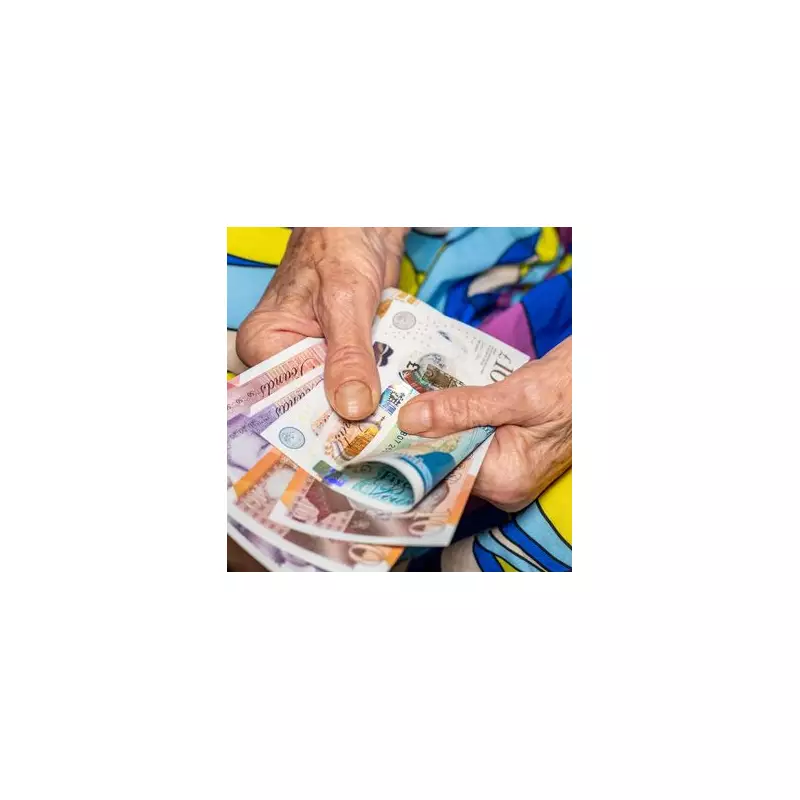
In a move that will impact household budgets across the nation, the government's Winter Fuel Payment is being significantly reduced for the upcoming winter. The Department for Work and Pensions (DWP) has confirmed a major overhaul of the benefit, which will see millions of pensioners receive just half of what they were entitled to last year.
The change means that instead of receiving payments between £250 and £600 to help with soaring energy costs, eligible households will see amounts slashed to a range of £150 to £300. This adjustment is not a one-off cut but is set to be the new permanent rate for the benefit, signalling a long-term reduction in support.
Who Will Be Affected by the Cuts?
The reduction will affect the vast majority of state pension recipients who previously qualified for the tax-free payment. The specific amount an individual receives is determined by their personal circumstances and living situation during the qualifying week, which is typically in September.
The new, lower payment rates for winter 2024/25 are as follows:
- £150 for individuals under 80 living alone.
- £300 for a household where one or both partners are aged 80 or over.
This represents a steep drop from the previous rates of £300 and £600 respectively.
Why Has the Payment Been Reduced?
The government attributes this cut to the conclusion of the separate £300 Pensioner Cost of Living Payment, which was a temporary measure introduced during the height of the energy crisis. Ministers argue that with energy prices stabilising, the additional top-up is no longer necessary.
However, charities and age advocacy groups have reacted with alarm. They argue that energy bills remain historically high and that older people, who often need to heat their homes more due to health conditions, will be left vulnerable. Many fear this cut will force pensioners to choose between heating and eating this winter.
The DWP has stated that the payments will be made automatically to those eligible in November and December. For most, the money will be paid directly into their bank account, with no need to make a claim.





